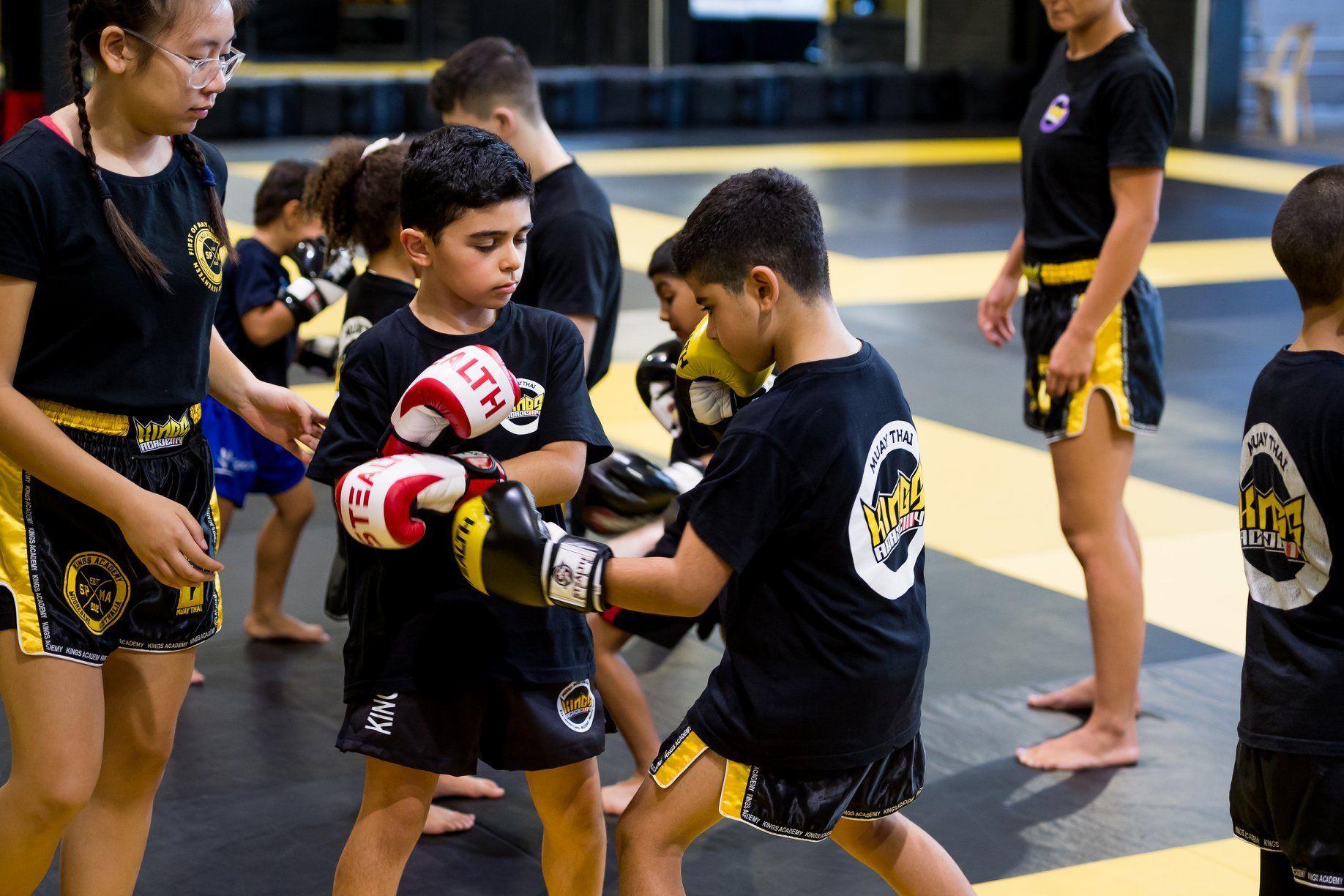A popular riddle doing the rounds on the Internet during the FIFA World Cup goes: “What’s plastic, a metre long, brightly coloured and sounds like an elephant?” If your answer was “a miniature spaceship used by a Martian dwarf”, I am sorry to have to inform you that your answer is wrong. The correct answer is the ‘vuvuzela’, a horn-like “musical” instrument that makes the kazoo pleasant sounding by comparison, and which is played by spectators at South African world cup venues to create an atmosphere.
“We can’t sleep at night because of the vuvuzelas. People start playing them from 6am,” France captain Patrice Evra said.
Among the teams participating in the world cup, France have been the most forthright in condemning the vuvuzela. They blamed the constant hum of vuvuzelas at the stadium for their poor performance against Uruguay on the opening day of the World Cup. And it was not just in the stadium that the playing of the high pitched horn like instruments got their goat.
Vuvuzelas were first introduced in football matches about twenty years ago, and they caught the attention of the world during the Confederations Cup in 2009.
The average decibel level of vuvuzelas played at stadiums in South Africa is 130 decibels, 10 above human tolerance level, and has led to loss of hearing and communication problems on the field of play.
Spanish player Xabi Alonso echoed Evra’s sentiment by stating, “It doesn’t allow you to concentrate and it’s unbearable”.
The vuvuzelas in the stadiums have been described by some as being “Worse than Africanized Killer Bees”. But trying telling that to a spectator at a world cup match in South Africa, and the vuvuzela could transform into a weapon of destruction – yours.
In fact, the football fans who “play” this “instrument” are so enamoured of the vuvuzela’s capability of drowning out television announcers that they test this capability constantly, and viewers are not exactly left screaming with delight. TV stations on their part have compared the sound of the vuvuzela with that produced when a “goat is being slaughtered”.
But not everyone thinks the vuvuzela is cacophonous. There is a free iTunes application that is being offered that could allow vuvuzela fans to listen to their favourite “musical instrument” to their heart’s content.
The people who are most likely to be delighted by the vuvuzela and its popularity among spectators at the world cup are the manufacturers of the ubiquitous horn.
They have an unlikely ally in FIFA boss Sepp Blatter who has sought to douse calls to ban the vuvuzela at the world cup by his insistence that no attempt be made to “Europeanize” the African event.







